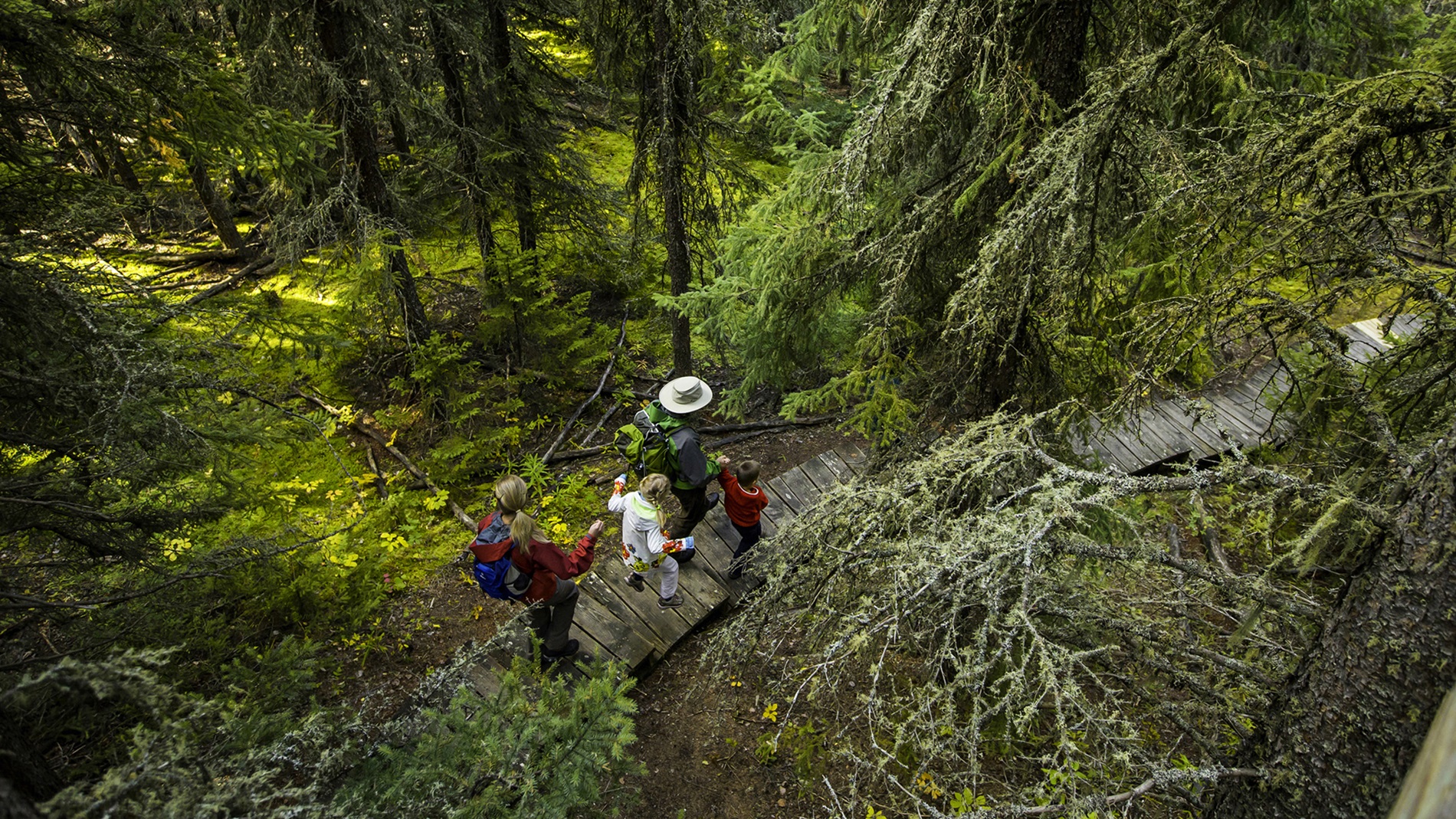A number and variety of government policies, guidelines and regulatory procedures affect nearly all tourism projects, no matter what their size. There are good reasons why this is the case.
Tourism developments, like resorts or lodges, are often based on the recreational use of natural resources, such as scenery, fisheries and wildlife. The use of fisheries and wildlife is managed through a number of regulations and programs that, in turn, may affect the viability of the tourist operation.
Many tourism businesses, large or small, desire a location near water. Lakeshore or riverbank areas are often affected by land-use and environmental policies and regulations. These are designed to protect water quality and fish habitat or avoid environmental problems like erosion, slumping or flooding as a result of shoreline development. Consequently, environmental impacts must be considered.
Many Regulations to Consider
Because tourism businesses may affect the use of land, as well as the character of existing communities, the developer may have to satisfy municipal, provincial or federal land-use policies or zoning bylaws.
Tourism operations that provide food and accommodation must meet public health and liquor licensing regulations.
Tourism businesses developing outside of serviced urban areas will probably find it necessary to provide their own water supply and waste disposal systems. This can have a major impact on capital and operating costs. Also, the business or attraction will have to deal with an additional set of processes and regulations designed to ensure a safe and adequate water supply and environmentally suitable waste disposal.
Some tourism developments find it desirable to be located in relatively undeveloped areas. This may require entering into formal servicing or development agreements with the appropriate level of government to ensure that roads, telephone, hydroelectric power, natural gas or other services are extended and maintained.
Diversified Regulatory Environment
It is evident that tourism operates in a regulatory context that is more varied and diversified than many other businesses. Bringing a successful proposal through to implementation demands a thorough understanding of the requirements and timing of each procedure, as well as early identification of all regulations and processes that affect a particular project.
There is considerable assistance to guide the developer through what may seem to be an overwhelming or confusing situation. Government officials can be very helpful in providing information and advice.
Often, several procedures can occur parallel to each other, thus avoiding undue delays. It is important to understand that going through the necessary steps may reveal some critical aspects of the proposed development that might otherwise be ignored.
Failure to anticipate regulatory requirements could result in critical delays and premature cash outlays by the developer. Either of these situations could lead to the failure of the project before it really has the opportunity to get started. The important thing is to anticipate and fully prepare for all regulatory procedures and allow sufficient time for completion.




















